
Jon Gnarr, in his official capacity as mayor of Reykjavik, Iceland. Gnarr, a sketch comedian, was elected in 2009 on satirical platform of providing free towels at public pools, a polar bear at the zoo and a drug-free parliament by 2020.
In the last decade, a proliferation of anti-establishment parties in the Euro-Atlantic region has led to increased numbers of protest candidates elected to local, national and European office. Protest parties reject mainstream politics and incumbency, opting instead for sensational campaigns that often advocate for a single issue. Pirates in the UK or anarcho-surrealists in Iceland make for interesting debates, but what happens when candidates who reject a system become part of it? Recent examples show that citizens will vote for protest candidates to highlight “elephant-in-the-room” issues, but in the long run candidates need to be able to deliver on critical issues to maintain support.


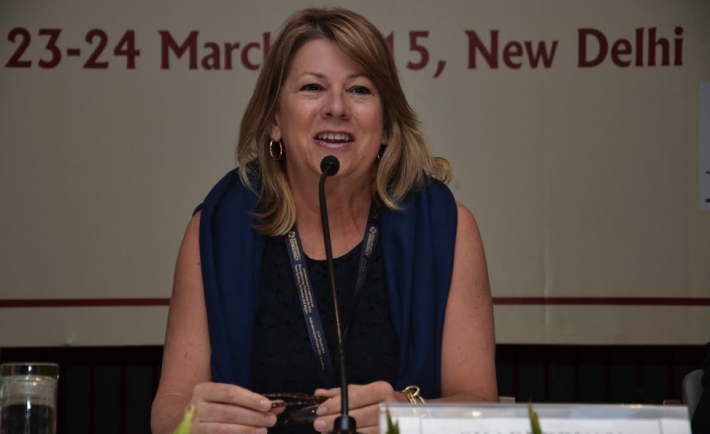

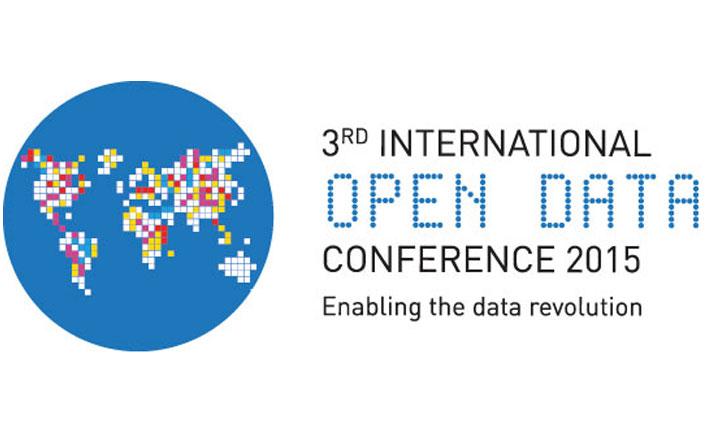
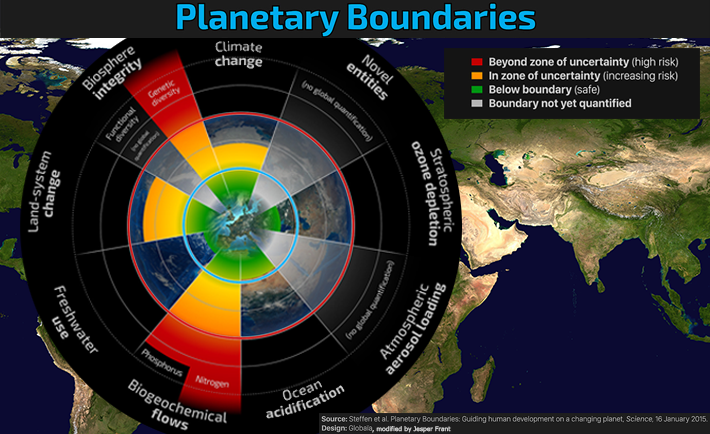
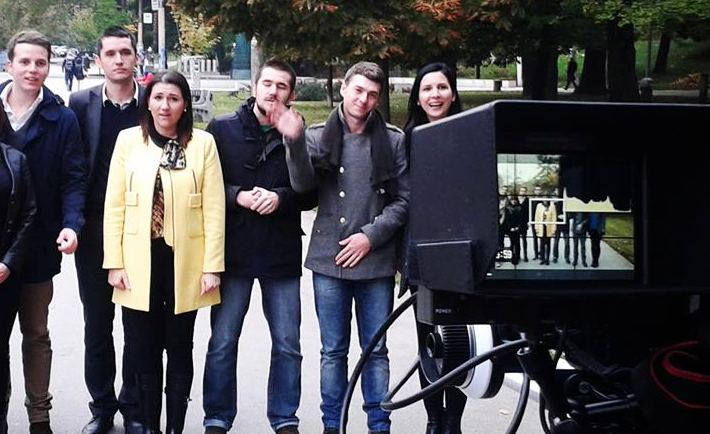
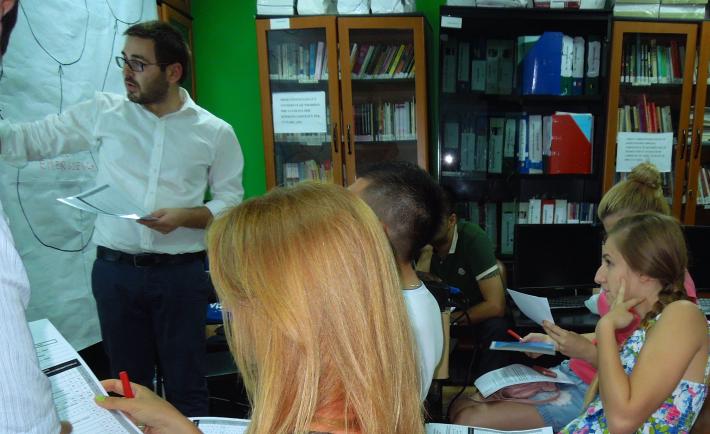

.jpg)